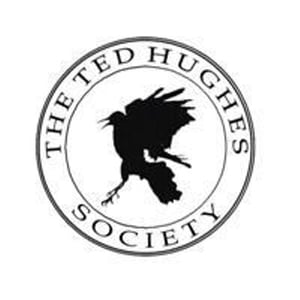Prose by Ted Hughes
The Letters of Ted Hughes, ed. Christopher Reid (London: Faber and Faber, 2007)
Terry Gifford (Visiting Professor at the Department of English, Bath Spa University, and Professor Honorario, Filologia Inglesa, Universidad de Alicante, Spain) considers the Letters of Ted Hughes.
The publication of Letters of Ted Hughes in 2007 not only confirmed the enquiring and wide-ranging intellect behind his essays and reviews, but constituted in itself a serious contribution to a huge variety of debates in English culture. Edited with tact and invaluable notes by Christopher Reid, the Letters provides a glimpse into a major writer’s intellectual and emotional autobiography. Reid is right in saying that their dominant spirit is one of generosity, offering family, friends and complete strangers alike an uncompromised and fully developed train of thought drawing from a grasp of a surprising range of esoteric forms of knowledge and experience. The direct form of address from an enquiring intellect and an honest emotional self-examination provides a volume of letters like no others in our culture. The integration of personal experience - of responsibility for challenging relationships, for his art, for the environment and for contemporary culture – with a wide range of reading and reflection, reveals the whole person in continuous struggle with what is ultimately an apparent dissatisfaction with having made the right choices in his life.
Every reader will want to annotate their own copy in order to find again indispensible lucid and thought-provoking insights. But book has an extremely useful index of references to works, people and themes from ‘actors’ to ‘working classes’.
Reid admits that the lengthy contextualising annotations required prevented him from including letters engaging with environmental issues that would have revealed Hughes’s full commitment to what Reid describes as ‘the research and lobbying that were necessary’ to his practical environmental activism: ‘As he amassed evidence and read the scientific papers, he became a true expert, well able, for instance, to face interrogation at public inquiries’ (xi). In fact, Reid indicates that there is material for at least two more volumes of letters at the intensity and thoughtfulness of the 750 pages published here. Letters of Ted Hughes represents one of his richest and most moving works, all the more candid for being unintended.
Terry Gifford is a Visiting Professor at the Centre for Writing and Environment, Bath Spa University and Professor Honorario, Filologia Inglesa, Universidad de Alicante, Spain. A leading voice in eco-criticism, he is the co-author of Ted Hughes: A Critical Study (Faber, 1981), author of Ted Hughes (Routledge 2008) and editor of The Cambridge Companion to Ted Hughes (Cambridge UP, 2011).
